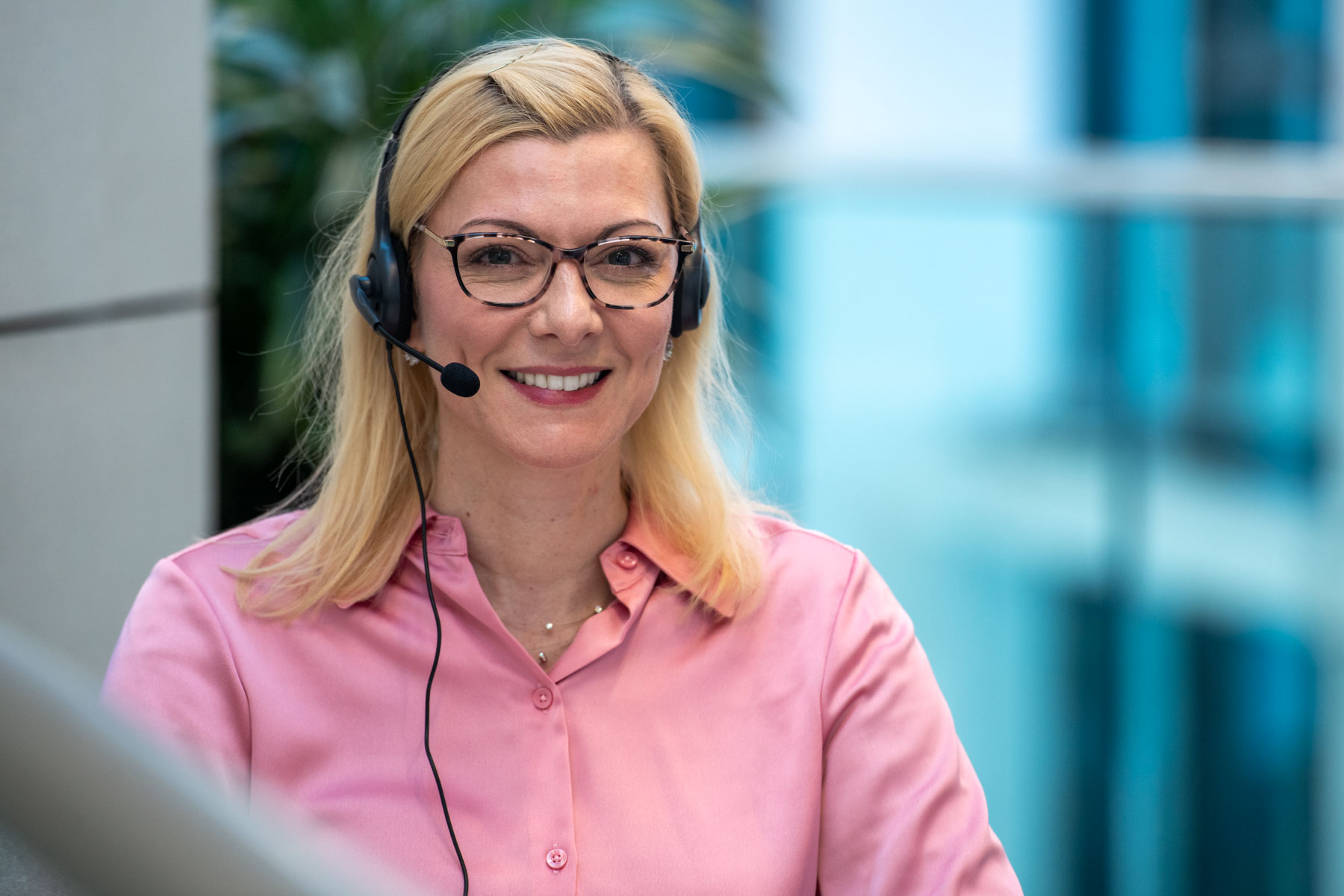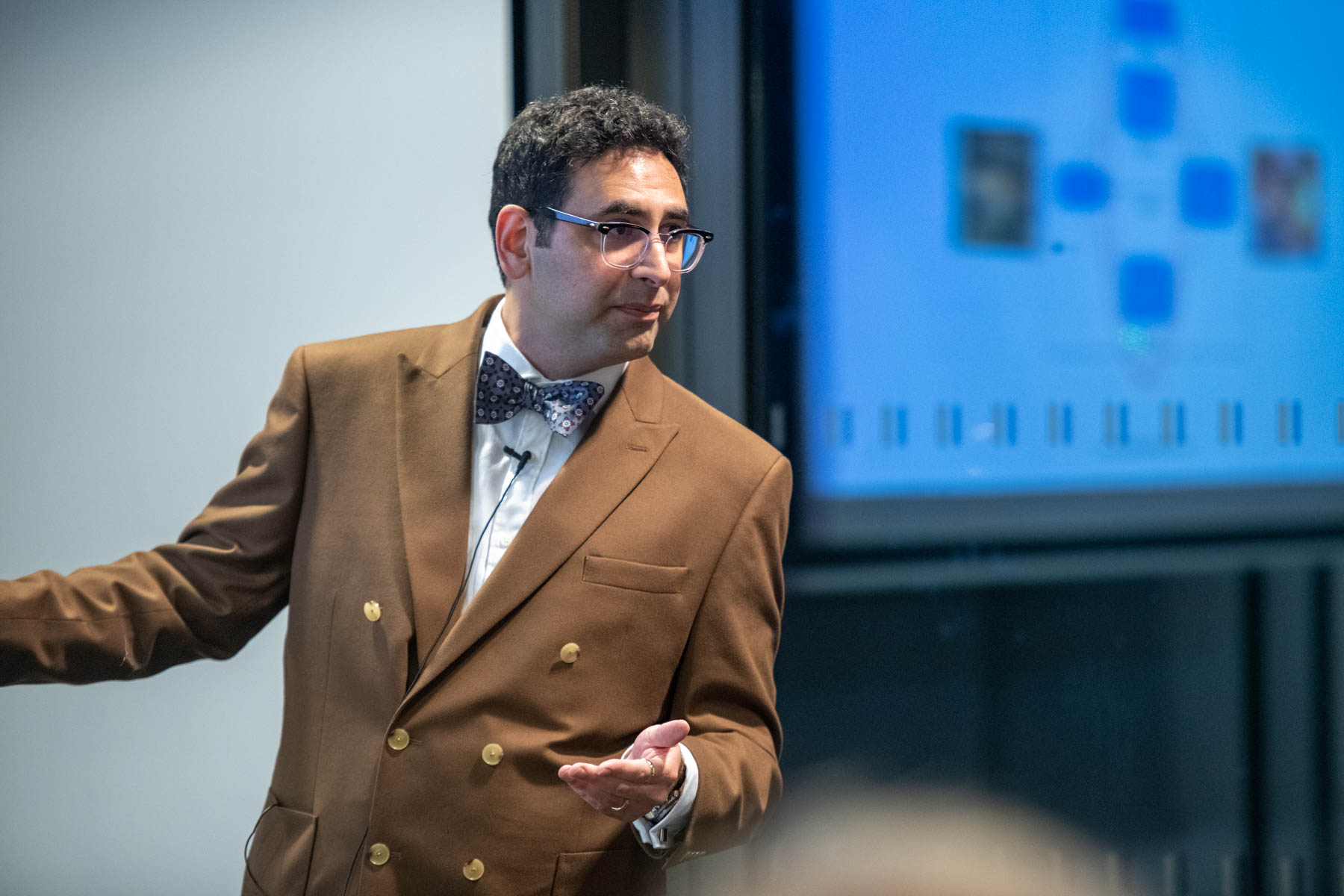
Misophonia is characterized by perceiving certain sounds linked to oral function (e.g., chewing), nasal sounds (e.g., breathing), and repetitive sounds such as tapping or clicking as disgusting or annoying leading to profound emotional, physiological, and behavioural reactions. King’s College of London estimated that about 18% of the UK population have symptoms of misophonia that can have a significant impact on their life. Individuals with misophonia often exhibit emotional problems, avoidance behaviours, perfectionism, cognitive distortions, anxiety disorders and depression. Recent studies shown that children with misophonia have a greater likelihood of childhood anxiety and mood disorders and poorer quality of life (if the symptoms are not managed effectively).
Even though Anna loved her mum very much, she had been struggling with the noises she made when breathing, eating, drinking and even sleeping. Anna explained that she felt sudden intense anger and frustration when her mum made these noises, followed by embarrassment and guilt once she had reacted by putting headphones on, leaving the room, or even shouting at mum. They had reached the point where she couldn’t bear to eat with mum or relax and watch a movie with her and this was upsetting for them both. Anna had first noticed the sensitivity to these sounds when she was 5 years old and had been told by various professionals that they would grow out if it, or that they just needed to expose herself to the noises more, but for Anna this wasn’t the case. By the time Anna’s mother contacted Hashir International Institute, Anna, who was by nature a very sociable person, had started to notice that the misophonia was impacting her closest friendships and had started to wonder how this would affect her ability to form long-term relationships in the future. When Anna first met with us, her confidence in managing her misophonia was at 0% and the impact of misophonia on her life was categorised as severe. Over the course of the programme, Anna met with a specialist audiologist, a clinical psychologist, a health psychologist, an occupational therapist, a neuroscientist as well as our patient support officer. We supported Anna as she learnt the skills she needed to reduce the impact of the misophonia on her life. By the 10th CBT session, her confidence had increased. By the end of the treatment her confidence in managing the misophonia and moving forward with her life was high and the misophonia impact was insignificant. Anna realised that at the start of treatment, she was constantly anxious and exhausted as she was always actively listening for the trigger noises. Mid treatment, she felt that she always needed to know that her headphones were within reach but didn’t need to put them on. By the end of treatment, Anna reported that not only had she stopped actively listening for the trigger sounds, she didn’t even think about them anymore, and if she did notice the trigger sounds, they might be annoying, but this was a huge improvement on the intense anger and distress she’d felt previously.
 Patricia (Trish) Pugh, Specialist Audiologist, adds:
Patricia (Trish) Pugh, Specialist Audiologist, adds:
“When Anna first met with us, her confidence in managing their misophonia symptoms as measured via the 4C questionnaire was 0% indicating that she was not confident at all in managing her misophonia and the impact of misophonia on her life as measured via Misophonia Impact Questionnaire (MIQ) was 71% indicating severe impact. After the therapy her confident score increased to 61% and the impact of misophonia on her life reduced to 17%. I am very proud of her progress.”
Anna’s mum said:
“I would like to thank you and the team at Hashir International Institute for the expertise, kindness and support you have not only shown Anna, but with us as well! When Anna first started having symptoms, it was very distressing for all of us. As parents we felt completely ill-equipped to deal with her emotions and had no understanding. The expertise and knowledge from your clinic have given us a greater understanding of Misophonia. Initially, we thought it was easier to ignore Anna’s reactions to noise and that it was a ‘phase’ that would pass. After a while we realised that this wasn’t the case, and if we wanted Anna to improve and have a good social network of friends, etc, we had to seek advice and support. We did go through our GP and was referred to the hospital for hearing tests, etc and Anna was diagnosed with Hyperacusis, but we felt it was more than that. We then sought advice from your clinic and Anna was diagnosed with Misophonia, and suddenly we realised what she/us was dealing with. We are so grateful for the support your team provided; Trish has been amazing! So patient and skilled in helping Anna feel relaxed and able to manage her symptoms better. What I really loved about your programme was how holistic and very person-centred it was towards Anna. She was able to understand that her symptoms were real and could be managed so much better. Our sincere thanks to Dr Mercede, Dr Fiona, Rebecca and Trish, a fantastic team with in-depth knowledge and skills that enabled our 16-year-old daughter gain confidence and start enjoying her life! She became less socially isolated and continued to make friends; she negotiated secondary school with very little impact from her misophonia. We are very grateful and the sessions with Trish, these were instrumental in helping Anna manage her symptoms and cope with the challenges that comes with living with misophonia. Also, great for her to speak to Becky and hear her experiences and how she is living a great life with her family and friends, this really helped Anna feel ‘normal’ and see beyond her condition. I would have no hesitation in recommending your clinic to others in a similar position to us, we felt very lost without direction until we found Hashir International Institute, we now have a very happy daughter, and, for that, we are very grateful!”
 Our Director, Dr Hashir Aazh, who oversees the progress of the patients in our institute, said:
Our Director, Dr Hashir Aazh, who oversees the progress of the patients in our institute, said:
“Audiologist-delivered CBT sessions are performed online using video calls. The therapy program involves 14 one-to-one sessions. The first 10 sessions are weekly. Then the gap between sessions increases to 2 weeks, 1 month, 3 months, and 6 months. Each session lasts about 45 minutes. In addition, most patients, depending on their needs and diagnosis, benefit from seeing our clinical psychologist, health psychologist, occupational therapist, neuroscientist as well as our patient support officers. The content of the intervention is consistent with the key CBT theories and methods. However, unlike general CBT methods, the strategies used in these 14 sessions are fine-tuned to address the issues that are specific to the distress caused by the misophonia and other forms of sound intolerance disorders. Throughout, the principle of guided discovery is employed, in that the patient makes discoveries with the help of careful questioning from the audiologist rather than the audiologist giving information and advice.”
For further information, please contact:
Hashir International Institute, 167-169 Great Portland Street, 5th Floor, London, W1W 5PF
Hashir International Institute, 54 Quarry Street, Guildford. GU1 3UA
admin@hashirtinnitusclinic.com
About Hashir International:
Hashir International is an independent research institute and treatment centre dedicated to improving the diagnostic process and rehabilitation programs for patients experiencing misophonia, tinnitus and hyperacusis. They offer specialist training courses, ethical review of research proposals, research design, research sponsorship, and supervising MSc and PhD students.